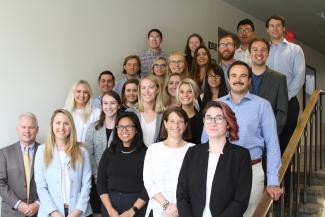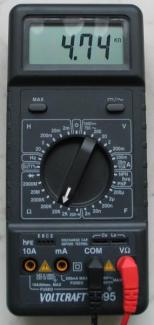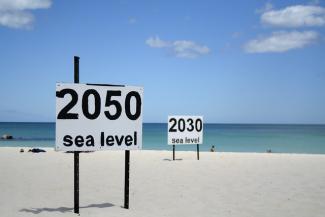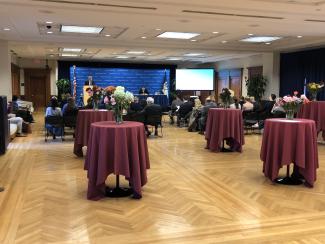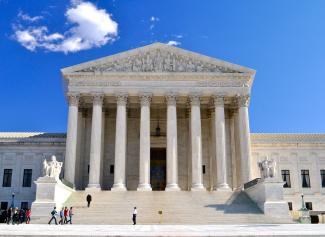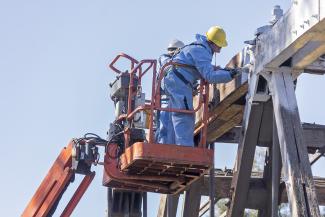Water Act Rule Poses Challenges for States
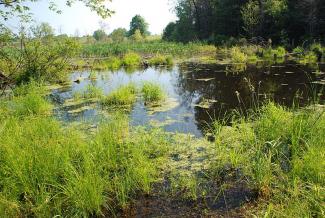
On January 23, 2020, EPA and the U.S. Army Corps of Engineers released a final Navigable Waters Protection Rule to redefine “waters of the United States” (WOTUS). This new rule repeals a Reagan-era definition rule and adopts an even more limited definition of the waters of the United States that are subject to the federal Clean Water Act.
